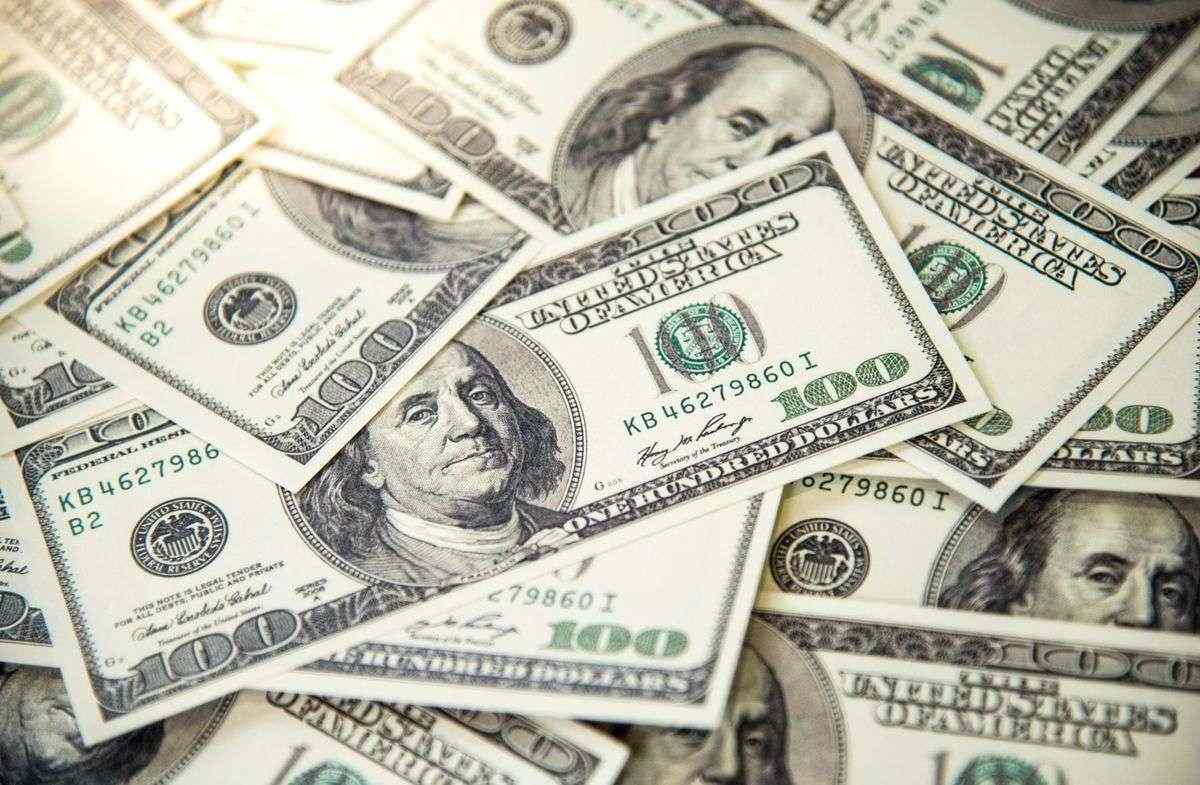Dollar rallies on Trump impeachment, Aussie follows trend on strong jobs record

SYDNEY-US greenback rode smoothly on US President Donald Trump’s impeachment headlines as Australian peer recuperated from sharp fall due to country’s unemployment percentage.
The British pound GBP=D3 was pressed by reemerging issues of Brexit as it was last quoted $1.3083 after sharp turn of 2% in consecutive days.
Greenback traders remained optimistic following a landslide vote of US lawmakers to impeach US President Donald Trump.
The index responsible in monitoring dollar activity against six major currencies hit 97.40, neutral enough from a six-day peak of 97.475 achieved last Wednesday.
“It is unlikely that the Senate will support the motion when it votes in January, as is required to remove Trump from office,” ANZ economists said.
The Australian dollar AUD=D3 soared at ceiling of $0.6883 following healthy records of Australian labor market enough to decrease interest rate cuts urgency.
Well-ended third quarter economic growth data helped kiwi NZD=D3 recovered from one-week low, boosting up at $0.6588.
Risk susceptible currencies such as Aussie and kiwi jumpstarted December on strong stride after upbeat signals of US-China trade deal and new UK prime minister taking the seat prevented mains risks in financial markets to persist. However, concerns reemerged as investors remain cautious over ambiguous details of the “phase one”.
Japan’s JPY= placed safely with 109.59 quotation per dollar as it is performing flat this December.
US Trade Representative Robert Lightizer disclosed last Tuesday the latest plan of US implementing increased tariffs on European goods with a purpose of reducing severe trade scarcity with the continent. Such is expected to bring in worries regarding export-dependent euro.
The euro was traded $1.1109 last Wednesday against dollar.
“The most significant piece of news overnight has been the German December IFO survey, which… has shown evidence that the German economy may be in the process of pulling itself up by its boot straps,” said Ray Attrill of National Australia Bank.
“Improvement in the German – and broader Eurozone – economy – is fundamental to our expectation for a softer U.S. dollar and stronger Euro next year,” he added.
Markets will focus to Bank of England and Bank of Japan’s interest rates decisions with both banks unlikely to restructure their policies.

